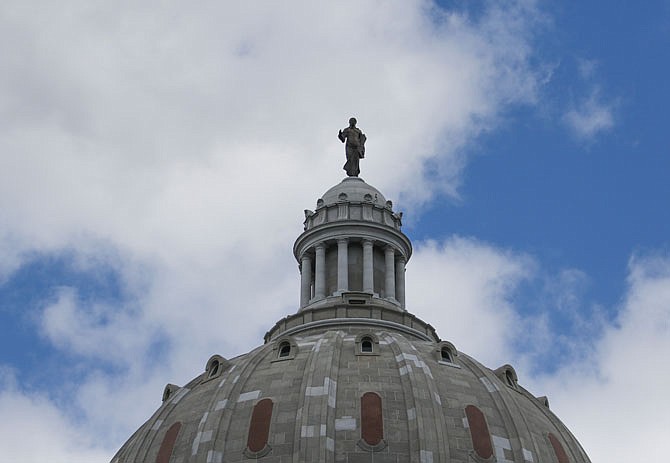Missouri Democratic lawmakers and the party's candidate for secretary of state called Monday for the governor and secretary of state to act to protect Missouri voters' absentee ballots in November, given what they called "deliberate and systematic" actions by the Trump administration to sabotage the United States Postal Service and influence the outcome of the election.
Changes to USPS enacted with the stated intention of profitability by the new postmaster general - who is a major donor to President Donald Trump - have included removing mail processing machines and drop boxes, and cutting workers' overtime, according to the Associated Press.
Trump has also acknowledged he does not want to give extra funding to USPS to undercut its ability to process what is expected to be a record number of mail-in ballots this fall.
Story continues below video.
Missouri Rep. Kip Kendrick, D-Columbia, called the president's words and the USPS changes a "deliberate and systematic dismantling" of USPS, with a goal of impacting the election.
Kendrick wrote to Gov. Mike Parson last week, asking Parson to expand the special legislative session underway on violent crime to include taking action to ensure every "properly postmarked, but late delivered" absentee ballot for the November election will be counted.
Kendrick, other Democratic Missouri House members and Yinka Faleti - Democratic candidate for Missouri secretary of state - spoke about the issue Monday outside the James C. Kirkpatrick State Information Center in Jefferson City.
The specific action requested is that Missouri law be permanently changed to count ballots postmarked by election day, not just received by it.
"Missourians deserve it, and democracy demands it," Kendrick said.
Parson has so far not expanded special session based on other calls by lawmakers - including to address police reform and accountability issues, as well as the COVID-19 pandemic.


